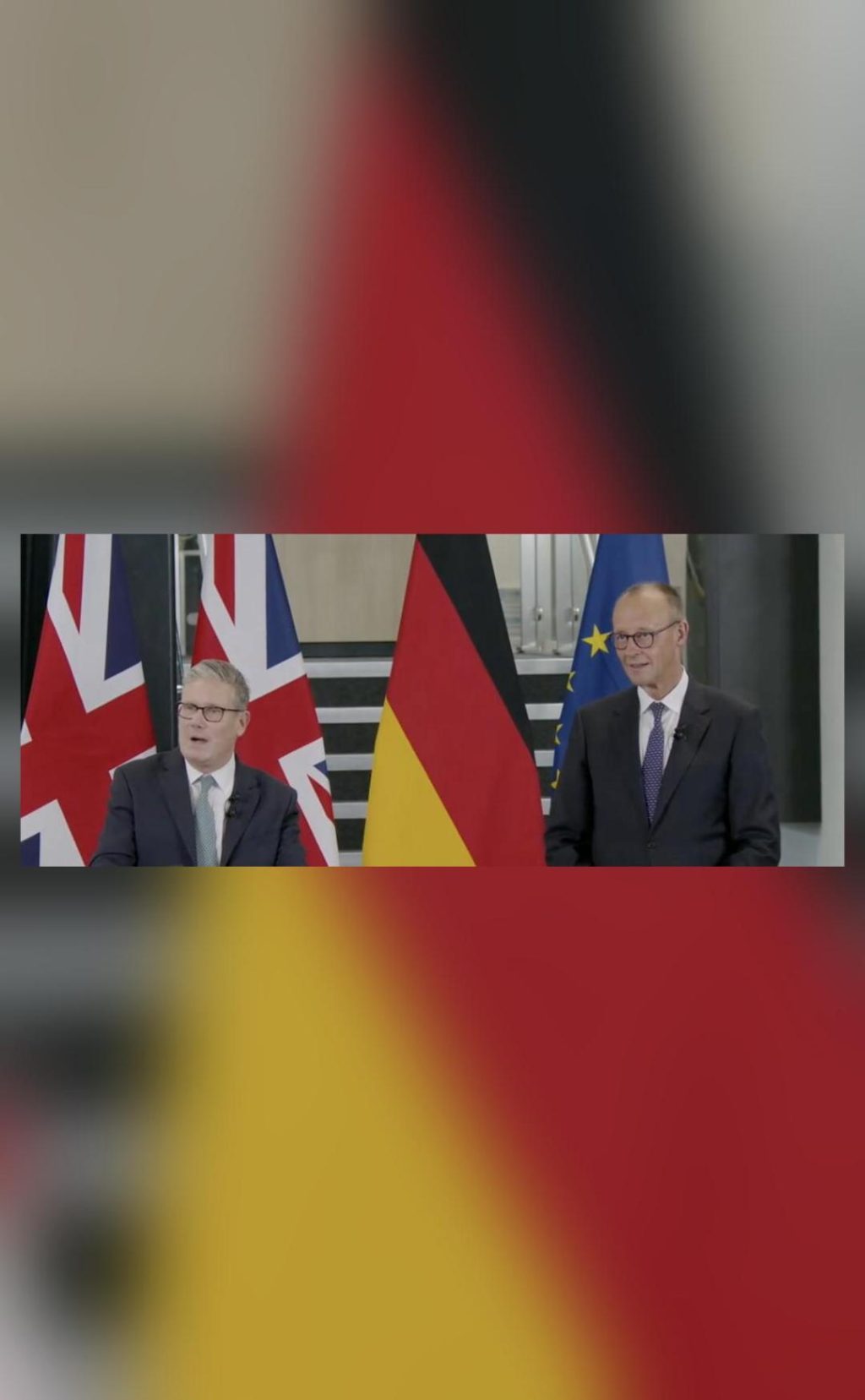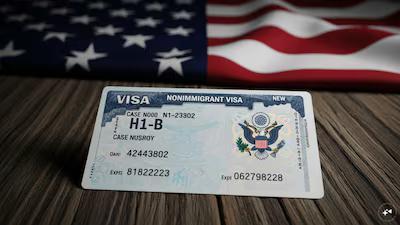
UK, Germany Sign Treaty to Enhance Defence & Migration Cooperation
In a significant move to deepen bilateral ties, British Prime Minister Keir Starmer and German Chancellor Friedrich Merz signed a historic treaty on Thursday, marking a major milestone in the post-war era. The treaty aims to strengthen defence and economic cooperation between the two nations, as well as tackle the pressing issue of migrant smuggling. This landmark agreement, 80 years in the making, is a testament to the unwavering commitment of the UK and Germany to fostering a more secure and prosperous future for their citizens.
The treaty, signed on July 16, 2025, is a significant departure from the tumultuous past, as it marks the first major agreement between the two nations since the end of World War II. The pact not only underscores the enduring friendship between the UK and Germany but also serves as a powerful symbol of their shared commitment to promoting peace, stability, and cooperation in Europe and beyond.
Boosting Defence Cooperation
One of the primary objectives of the treaty is to enhance defence cooperation between the UK and Germany. The pact establishes a framework for the two nations to share intelligence, conduct joint military exercises, and collaborate on research and development projects. This increased cooperation will enable the UK and Germany to better respond to emerging threats, including terrorism, cyber attacks, and hybrid warfare.
The treaty also enables the two nations to strengthen their military capabilities, with a focus on developing new technologies and capabilities in areas such as artificial intelligence, cybersecurity, and unmanned systems. This increased military cooperation will not only enhance the security of the UK and Germany but also contribute to the broader stability of the region.
Combating Migrant Smuggling
The treaty also addresses the pressing issue of migrant smuggling, a problem that has plagued both the UK and Germany in recent years. The pact establishes a joint task force to combat migrant smuggling, with the aim of disrupting the criminal networks that facilitate this illegal activity.
The task force will be responsible for sharing intelligence, conducting joint operations, and providing training and capacity-building assistance to partner countries. This increased cooperation will enable the UK and Germany to better tackle the root causes of migrant smuggling, including poverty, political instability, and human trafficking.
Enhancing Economic Ties
In addition to its defence and migration cooperation aspects, the treaty also aims to strengthen economic ties between the UK and Germany. The pact establishes a new direct rail connection between the two nations, with the aim of boosting economic and people-to-people ties.
The new rail connection will facilitate the transportation of goods and people between the UK and Germany, reducing transit times and increasing trade volumes. This increased connectivity will not only benefit businesses but also contribute to the growth and development of the wider region.
Strengthening Connectivity
The treaty also includes plans to strengthen connectivity between the UK and Germany, with a focus on developing new infrastructure projects and improving existing ones. This increased connectivity will enable the two nations to better respond to the challenges of the 21st century, including climate change, digitalization, and demographic change.
The pact also establishes a new joint committee, responsible for monitoring progress and identifying areas for further cooperation. This committee will provide a platform for the UK and Germany to discuss and address the complex challenges facing the region, from energy security to environmental protection.
Conclusion
The UK-Germany treaty is a significant milestone in the post-war era, marking a major shift in the relationship between two of Europe’s largest economies. The pact not only deepens defence and economic cooperation between the two nations but also tackles the pressing issue of migrant smuggling.
As the UK and Germany work together to implement the treaty’s provisions, they will be sending a powerful message to the world: that even in the face of uncertainty and challenge, nations can come together to promote peace, stability, and cooperation.
Source:





